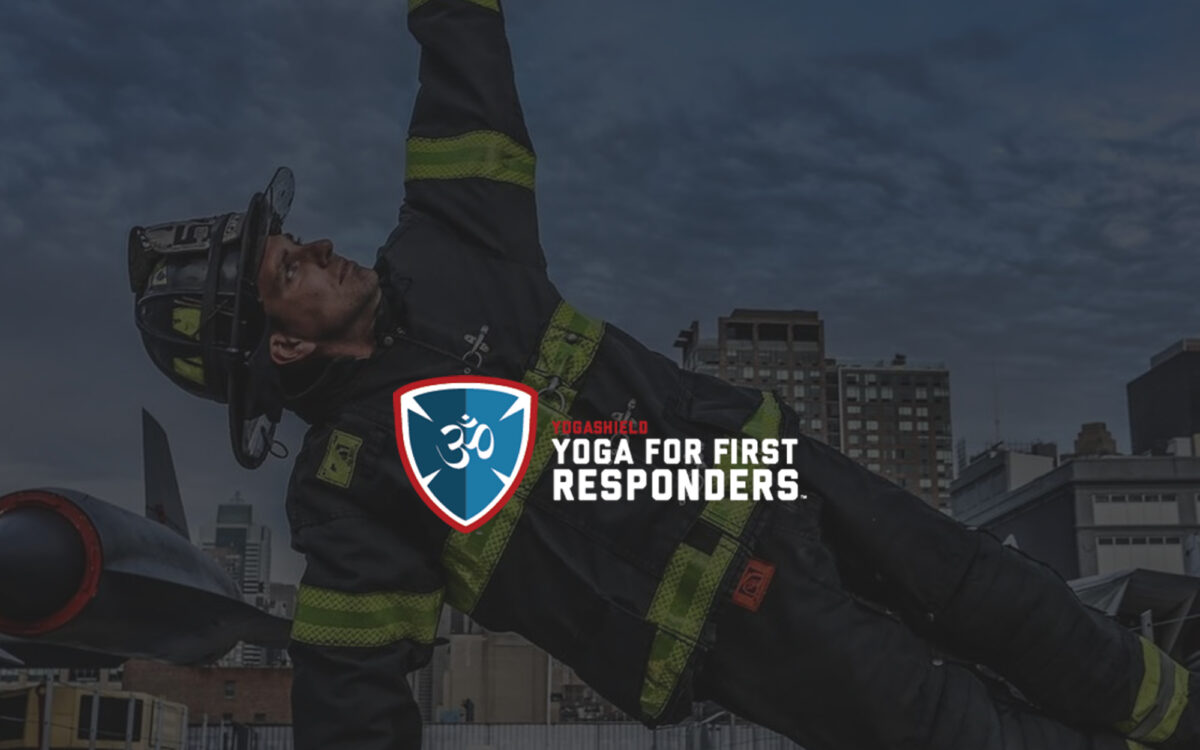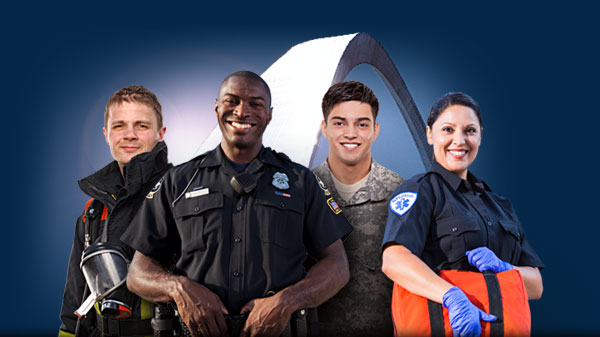
First responders are at the forefront during crises and disasters. Their job involves a great deal of physical exertion and mental strain. Managing health, both physically and emotionally, becomes as crucial as their role in emergency situations. One proven way to help first responders maintain their fitness and mental health is through yoga. In this blog, we’ll explore the significance of these practices and how Yoga for First Responders (YFFR) provides the support you need to boost mental, physical, and emotional resilience while managing the stress of these roles.
Understanding the Significance of Yoga for First Responders
Exposure to High-Stress Events: The Role of First Responders
First responders face both the immediate traumas of emergency events and the long-term trauma impact of continuous exposure to such events. This can trigger a chronic disorder known as compassion fatigue or sometimes posttraumatic stress disorder (PTSD).
Moreover, first responders often operate in a culture that encourages the suppression of emotions, adding another layer of psycho-emotional stress. This can put them at a higher risk of experiencing negative physical and emotional health outcomes.
Yoga: An Antidote to Physical and Emotional Exhaustion
Yoga, as a form of mindful resilience training, offers a preventative and therapeutic approach to dealing with such high-stress exposure. YFFR helps you employ a variety of cognitive declarations, physical drills, and breathing exercises, all geared toward creating a state of self-awareness, calm, and resilience.
Furthermore, first responder yoga is not just a shield—it actively mitigates stress symptoms and promotes overall wellness, aiding in trauma recovery and even providing a valuable resource for family members who often share in the stress of their loved ones.
Exploring Different Yoga and Mindfulness Elements and Their Benefits for First Responders
Yoga involves a myriad of elements that all contribute to its healing and therapeutic effects.
Meditation and Mindfulness
At the forefront of yoga is meditation, a contemplative practice that helps increase one’s mindfulness—the act of being fully present. Meditation focuses on calming the mind, reducing stress, and improving mental clarity.
YFFR provides tactical meditation techniques, adapted for first responders, that can be utilized during high-stress situations to maintain calm, optimize decision-making, and enhance resilience.
Yoga Postures
Yoga postures or “asanas,” are body positions that increase flexibility, strength, and balance. First responders, often subjected to physically demanding tasks, can significantly benefit from these postures. They help protect against physical injury, reduce muscle tension, and support overall body health. Some asanas are also noted to help release stored tension and stress in the body.
Breathing Exercises
Breathing exercises are an integral part of yoga. These techniques are geared towards enhancing the body’s energetic flow and promoting relaxation.
For first responders dealing with high-stress situations, tactical breathing—a type of controlled breathing exercise—can be an effective tool. It can help mitigate panic, promote cognitive clarity, promote air conservation, and equip the responder with the ability to make fast yet informed decisions under pressure.
Knowing how to breathe properly can be instrumental for first responders. Learn more about the power of breath and how you can harness it in our informative blog.
Other Support Elements
YFFR provides a number of other support solutions that help first responders manage the stress of their jobs, including:
- Peer support
- Defensive tactics and firearms
- SWAT and yoga for tactical performance
- And more
Find Job-Specific Support for Your Unique Role
First responders face distinct sets of challenges, danger, physical exertion, and stress. Thankfully, Yoga for First Responders provides custom support that caters to these unique roles.
Firefighters
Firefighters are susceptible to physical exhaustion due to the strenuous demands of their jobs and the heavy gear they carry. Yoga and resilience training from YFFR can give them body resilience and keep them agile, enabling them to perform rigorous physical drills. It can also aid in reducing the impact of compassion fatigue, which is common in this profession due to consistent exposure to trauma events.
Law Enforcement
Law enforcement personnel often endure chronic stress and compassion fatigue, just as firefighters do. They also face the risk of acute distress during hostile situations. The calming practices in yoga can provide emotional resilience and stress management, which is necessary for law enforcement personnel to balance their work and personal lives. The use of specific yoga techniques like tactical breathing can be particularly beneficial during high-stress situations.
EMTs/Paramedics
Rapid decision-making, high-pressure situations, and perpetual uncertainty are a constant reality for EMTs and paramedics. Along with bodily demands, their roles require a stable state of mind. YFFR’s support can assist in improving cognitive declarations, helping them make prompt, accurate decisions. Its meditation practices, in particular, can be essential for maintaining their mental well-being.
911 Telecommunicators
Hearing traumatic events and providing immediate help over the phone can take a mental toll on 911 telecommunicators. Yoga can be the healing art they need to handle continuous exposure to callers’ stress and emergencies. YFFR helps 911 telecommunicators manage mood changes, improve clarity of thought, and reduce anxiety levels, enabling them to continue being the vital link between victims and first responders.
All Active and Non-Active Military Members
Military personnel, both active and non-active, can gain significantly from yoga. Yoga can act as a trauma recovery and stress-management tool for them. Techniques like mindful resilience from YFFR can help them cope with physical injuries and emotional traumas. Family members can practice military personnel yoga along with them, fostering active wellness in the process.
Master Mind and Body Alike With Yoga for First Responders
With YFFR’s targeted first responder yoga, mindfulness practices, and stress management support, you can combine stress, enhance decision-making, and foster overall well-being. Reach out to YFFR today to empower yourself with the tools to thrive in the demanding world of first responders.


